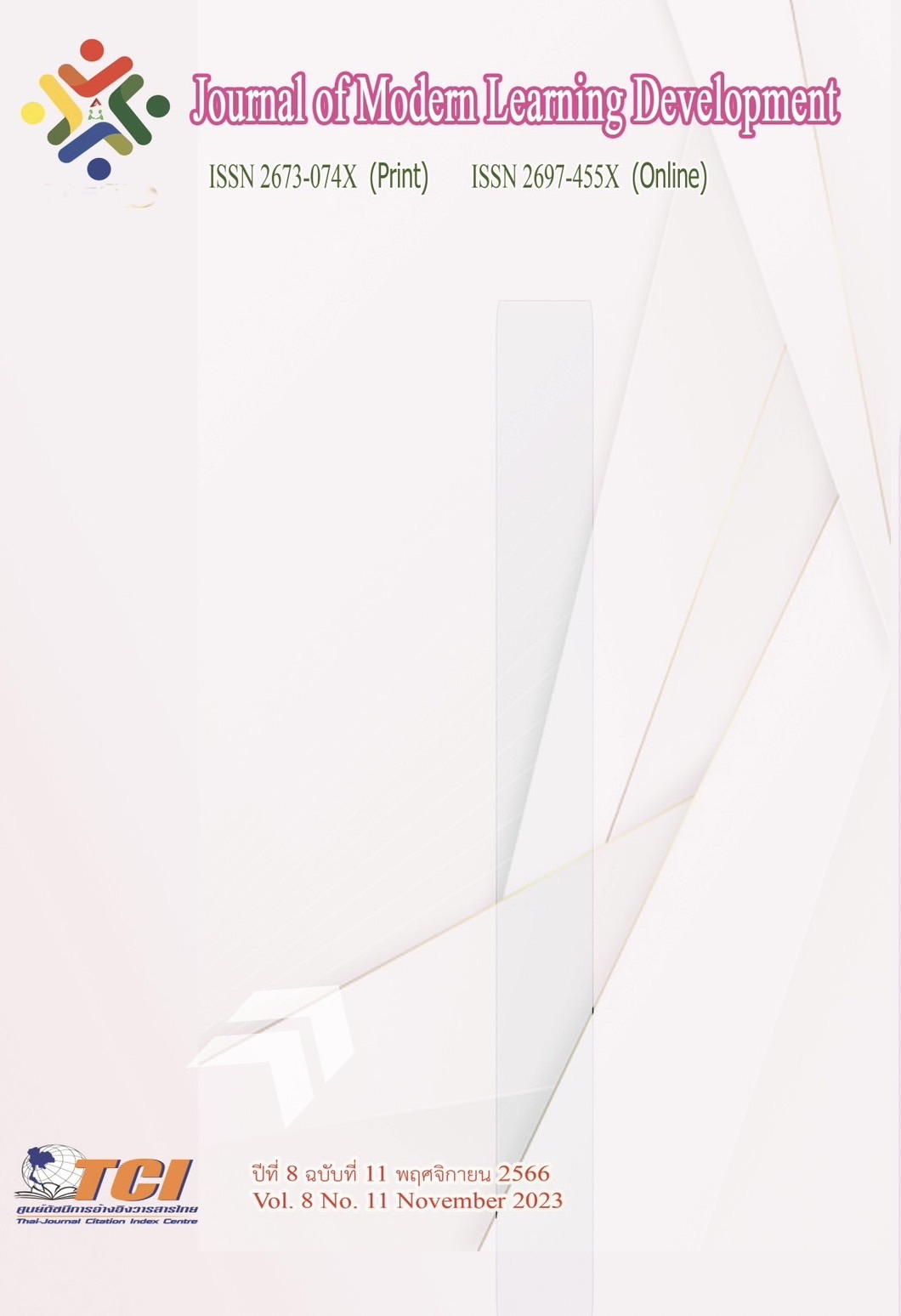The Piano Accompaniment for Hequ Folk Songs in Vocal Music Teaching
Main Article Content
Abstract
Hequ is an ordinary county in Shanxi Province but has an unusual reputation -- northern folk song town. Folk songs spread widely here to all parts of the country and were listed as the first national intangible cultural heritage batch! However, with the rapid development of the social economy, the rapid growth of various entertainment products, the continuous improvement of people's cognition and appreciation levels, and the dramatic changes in entertainment methods have also occurred. The shrinking market of Hequ folk performance has pushed the folk art of Hequ folk performance, which is deeply rooted in the people's hearts and has a strong mass base, to the cliff, and faced unprecedented severe challenges in its development and inheritance. This paper analyzes the origin and development of river tune folk songs so that more people can protect and develop river tune folk songs. This article presented the piano accompaniment for Hequ folk songs in vocal music teaching.
Article Details
References
Jia, W. (2003). Analysis of the artistic charm of "River Song Folk Song". Journal of Changsha
Railway Institute. Social Science Edition, (4), 3.
Lang, C. (2020). Characteristics and application skills in national vocal singing. Sino-Foreign
Exchanges, 27(25), 70-71.
Li, X. (2016). To explore the transformation of intangible cultural heritage safeguarding methods from "productive protection" to "living protection". Chizi, (1), 2.
Miao, M. (2018). Polyphonic factors in the chorus of river folk song composition. Voice of the
Yellow River, (8), 2.
Ren, R. (2016). On several issues of productive safeguarding of intangible cultural heritage.
Science Teaching Journal: Electronic Edition, (25), 1.
Zhao, S. (2020). On the application of Runqiang in the singing of national vocal music.


